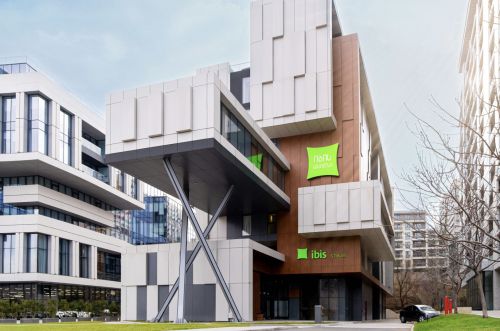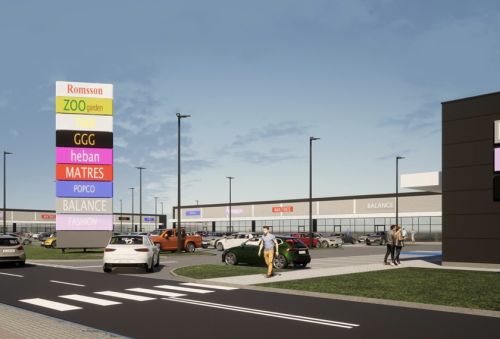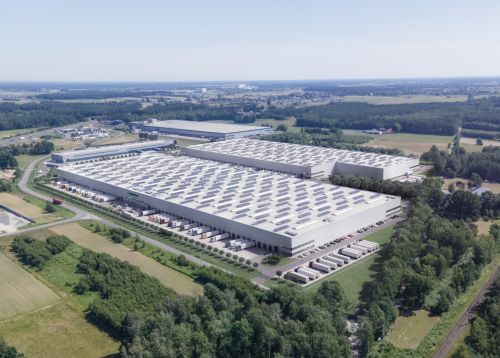The flexible office market in Poland is growing rapidly. In the upcoming years, we can expect the pace of its development to accelerate. Currently, over 420,000 sqm of flex space are available across the seven largest cities in Poland, accounting for more than 3 pct of the country’s total office supply. In Warsaw and Kraków, flexible offices represent around 4 pct of the market. Given the high costs of office fit-outs and the globally evolving work model, flexible offices are expected to significantly increase their presence in Poland in the near future, moving closer to the levels seen in other European markets.
Flex market – trending towards diversity
The trends shaping the flexible office market in Poland are largely driven by the increasing polarisation of lease formats being offered. Tenant propositions are becoming increasingly diverse and sophisticated. There's also a clearer shift toward viewing the office as a service (Backend-as-a-Service), rooted in full integ






























































Strong warehouse sector whilst capital cautious and offices yet to rebound
Strong warehouse sector whilst capital cautious and offices yet to rebound
Poland’s commercial real estate market enters 2026 in good health and with solid growth potential. Warehouses remain one of the strongest sectors in Europe, while constrained ...
Newmark Polska
The end of greenwashing as flex grows in strength
The end of greenwashing as flex grows in strength
The office sector is entering a period of deeper qualitative and financial scrutiny. Decisions regarding new projects, refurbishments, or leasing are now supported by more thorough ...
Walter Herz
The quiet revolution in Małopolska
The quiet revolution in Małopolska
Developers across the region are increasingly favouring heat pumps and photovoltaic systems over traditional gas boilers in warehouse construction. This shift marks a growing commi ...
Axi Immo